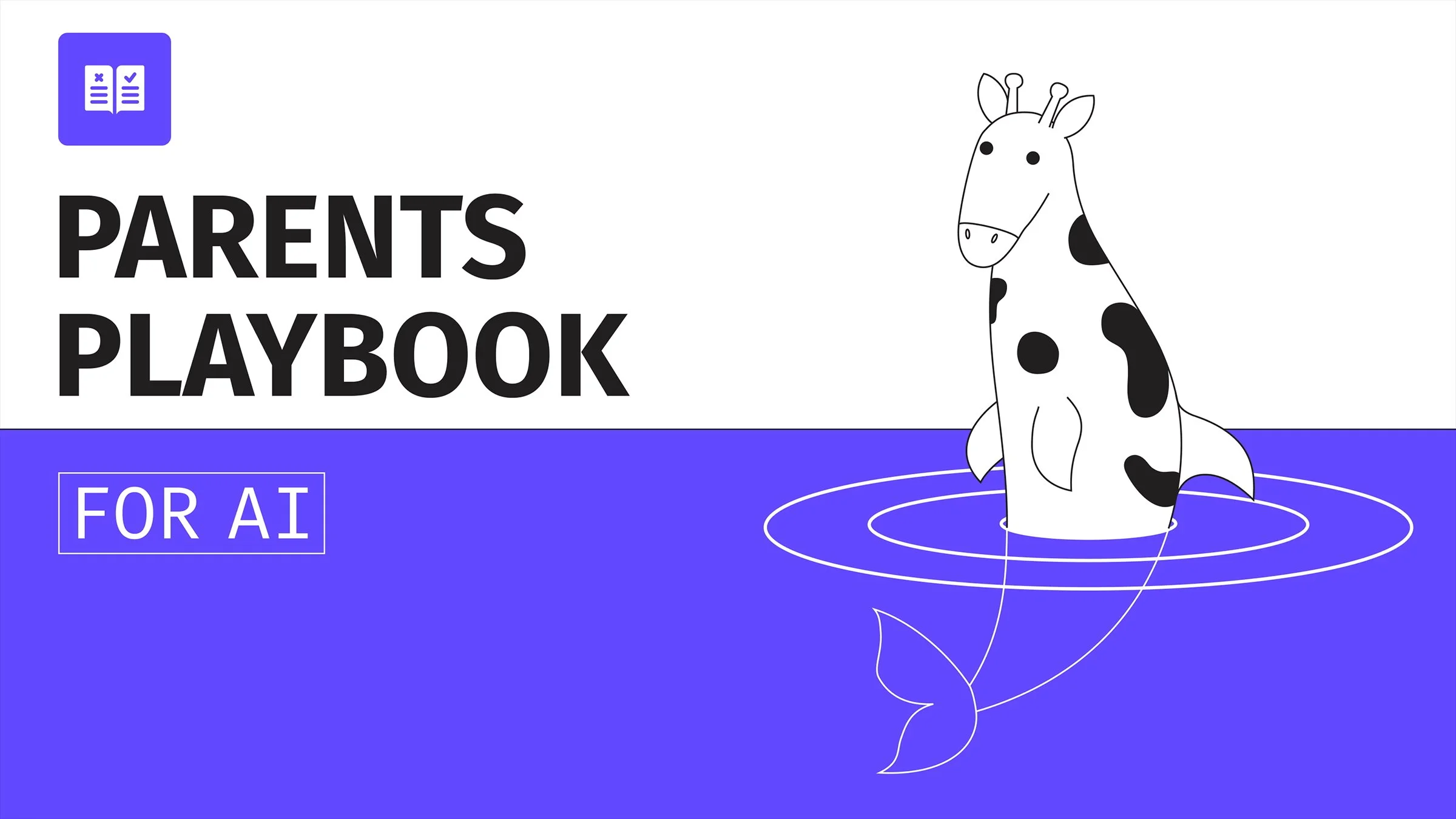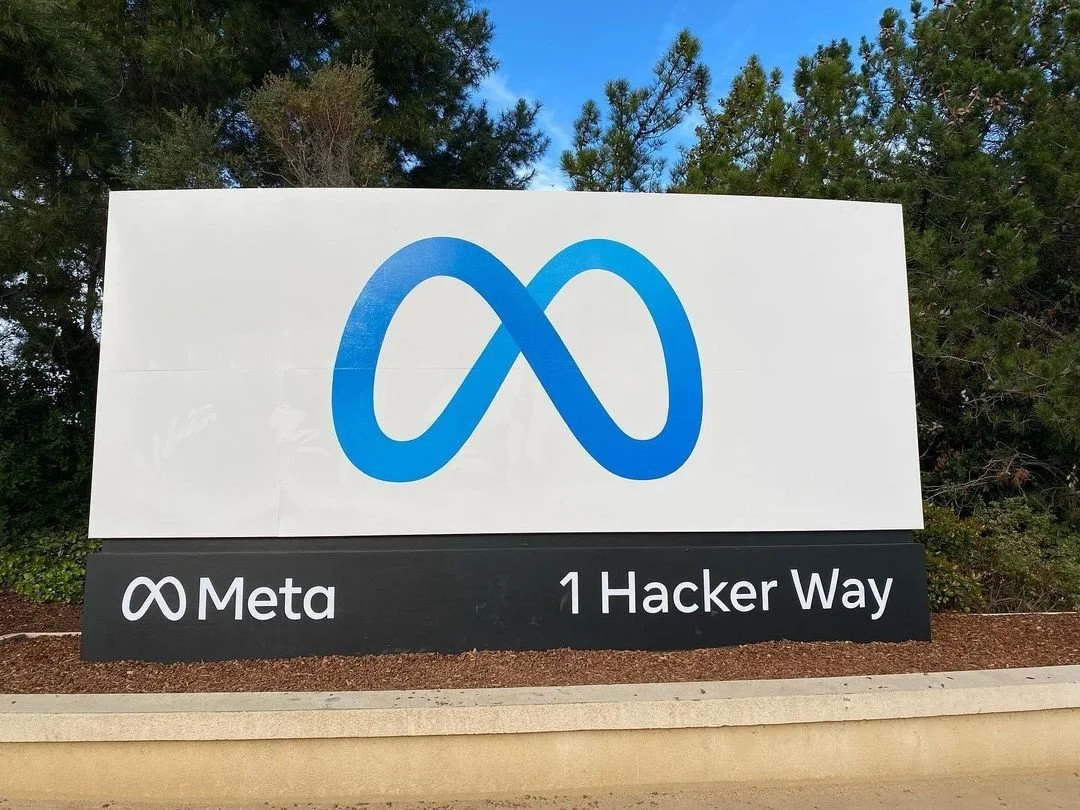Nebraska adopts two new laws to protect kids from AI and social media
Two bills focused on protecting kids from the harms of social media and digital apps have been approved by Nebraska lawmakers. One more bill remains in play. (Photo: Getty Images for Unsplash+)
May 20, 2025 — Two new laws protecting minors from artificial intelligence and social media will take effect in Nebraska, after they crossed the desk of Nebraska Gov. Jim Pillen (R) without a veto.
The laws, which would require social media companies to verify parental consent prior to allowing a minor to create a social media account, and restrict the use of smart phones in schools, passed the state legislature and went to Pillen’s desk on May 14.
In Nebraska, the only unicameral Legislature in the country, the governor has five days to veto a bill passed by lawmakers. If the governor hasn’t taken action within that time, the bill automatically becomes law.
A third bill, which seeks to prevent child pornography by dictating how social media and AI platforms are created during the design phase, remains on final reading with just over two weeks left in the Legislative session.
adopted: Parental Rights in Social Media Act
Nebraska Senators voted 46-3 to pass Sen. Tanya Storer’s LB 383, the Parental Rights in Social Media Act, after the final round of debate on May 14. The new law requires social media companies to verify parental consent prior to allowing a minor to create a social media account.
LB 383 was one of several laws governing kids online that Pillen introduced and supported throughout the session. Major elements are set to take effect on July 1, 2026.
Prior to passage, the bill was amended to fold in LB 172 (Prohibit Conduct Involving Computer-Generated Child Pornography) after that proposal stalled in committee.
As a result, the new law also addresses AI-generated and other child pornography created by minors by making such crime a Class III felony. It would add “computer-generated child pornography” to the statutes that prohibit child pornography. Adults who violate the act would be guilty of a class 1D felony.
A federal judge recently struck down an Arkansas law requiring parental consent for minors to establish social media accounts. But Storer has said that her bill is more similar to laws in other states that have not been challenged.
Adopted: Use of Electronic Communication Devices by Students
LB 140, which restricts student use of smart phones in schools, passed 48-1 on May 14, and has become law absent a veto by Gov. Pillen.
Sen. Rita Sanders (R-Bellevue), sponsored the bill, which takes effect immediately and requires all public school boards to establish policies to restrict the use of phones in schools before the start of the next academic year.
The bill includes some exceptions, including: medical needs, emergency situations, educational purposes, or if the child has an individualized education plan.
still in play: age-appropriate online design code act
LB 504, the Age-Appropriate Online Design Code Act, sponsored by Sen. Carolyn Bosn (R-Lincoln), imposes duties on social media companies at the design stage with the goal of protecting children from social media and online harms.
The proposal remains on its final reading and is awaiting a floor vote, which could happen at any time.
The bill would require social media and other online services to include design features that prevent compulsive usage, and that avoid severe psychological harm such as anxiety and depression, severe emotional harm, identity theft, and privacy violations.
The Age-Appropriate Online Design Code Act also requires these services to provide parents the ability to manage their child’s privacy and account settings and allow parents the ability to restrict the hours of use of these services. The bill restricts the ability to send push alerts during hours children are in school or sleeping.
Nebraska’s legislative session is scheduled to end on June 9.





